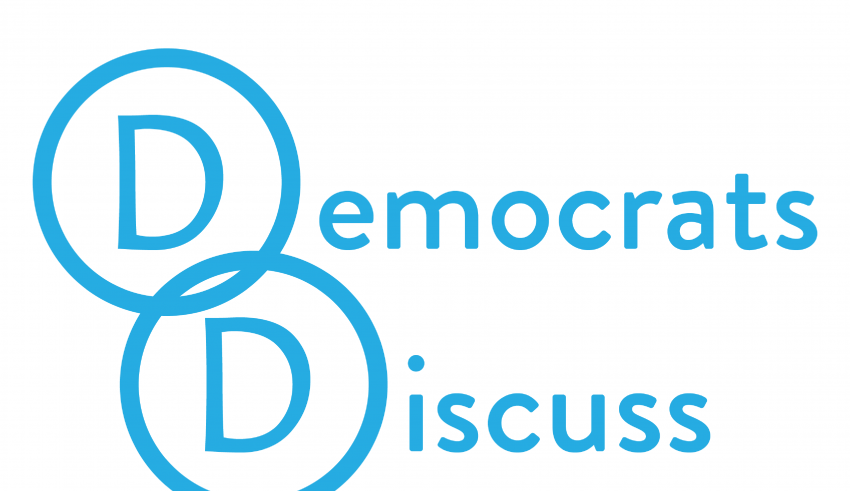OPINION: Democrats Discuss — The impossibility of the universal story
Meah McCallister is the Ohio University College Democrats president. She is a junior studying creative writing and minoring in political science while working toward a certificate in women’s gender and sexuality studies. The following article reflects the opinion and views of the author and does not present those of the Ohio University College Democrats.
Please note that these views and opinions do not reflect those of The New Political.
In the world of storytelling — on the screen or in print, fiction, creative nonfiction, biographies or whatever they may be — there is the constant hurdle of convincing someone else that this story deserves to be told. Whether it is a publishing company or a film studio, there is a major problem with gatekeeping.
Gatekeeping is limiting or otherwise controlling access. Here, it is best understood as regulating the stories that are able to be told. One tool that is commonly used by gatekeepers in the storytelling world is to reject a narrative because it is not a “universal story.” This phrase’s line of thinking is that not enough people would relate to the story in question.
Some might justify that this is not personal — after all, agencies need to think about what will sell and bring in the best numbers. However, more often than not, the “universal” argument is used against women, people of color and other minority groups. There is an underlying sentiment behind telling someone that their story is not universal enough, and it is usually that the story is not white or male enough.
The idea of universality is owned by those who have already had their stories told. They are the traditional tales that we know and love, and they have been told in complex and compelling ways. Rather than expanding that to other voices and experiences, the gatekeepers tell those not already on the inside to become more like them or to get out and write more adaptable stories.
People argue that stories not fitting into the “universal” — or white and male-centered — mold are too big of a risk since they will not sell, but this is categorically untrue. One of the best examples is to take a look at one of the most popular franchises in modern storytelling: the Marvel Cinematic Universe.
Setting aside sequels and ensemble movies such as the “Avengers” movies, only two films that served as the character’s “origin story” — where the plot centered around them — grossed over one billion dollars: “Black Panther” and “Captain Marvel.” Neither of these movies fit into the “universal” storytelling definition. “Black Panther” focuses on a cast almost entirely composed of people of color with an introduction to worldly cultures. “Captain Marvel” focuses on a woman defying odds and assumptions based on her gender to become the most powerful hero in the cinematic universe. Perhaps the biggest risks in terms of universality turned out to be the most successful by a long shot.
So while gatekeeping continues to influence the stories that are able to be told, it is the job of consumers to vote with their dollar. Show these publishing companies and film studios that these voices are important and enriching. They not only give refreshing representation that can make a major impact on culture and the world’s youth, but they are also fun and interesting narratives.
Hearing other experiences is important to enrich one’s life. That’s the true definition of a universal story; it is one that touches on the differences of people around the world in order to see the commonalities in us all. When gatekeepers say that a story is not relatable enough, let them know that it’s important to hear from voices other than their own; after all, women and minorities have had to for years.

